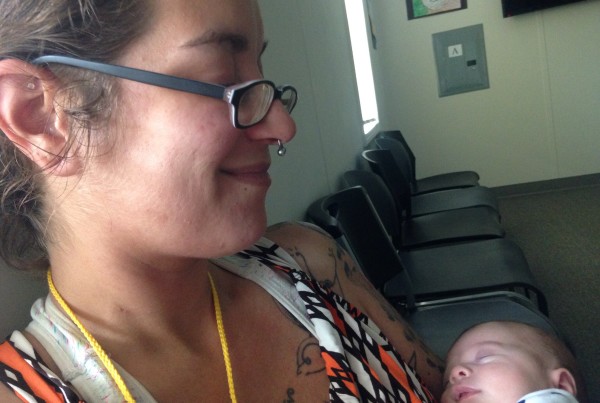Verizon pulled out of the landline business in Texas and other states last month, selling off to a company called Frontier Communications.
But since April 1, the Texas Public Utilities Commission has received more than 500 complaints about Frontier – the FCC reports 1100 complaints total. And while many people have traded in their landlines for the ever-present smartphone, those living in rural parts of Texas have kept their landlines for various reasons, including monitoring medical devices.
Marina Trahan Martinez, reporter for the Dallas Morning News, has been following this story and talking to customers who need their landlines specifically for medical reasons.
“It’s not just landline service it’s cable programming, internet service, all sorts of things that they’ve been without. But of course it’s those medical devices that we’re talking about [that are] landline based.”
So are customers who were moved to Frontier stuck where they are or do they have other options? Martinez says that the change was so abrupt, many did not even have time to look elsewhere for service.
“There’s all sort sorts of choices, but for this particular one they were Verizon customers…and they were perfectly happy being Verizon customers for years and years since they had no problems. And they weren’t necessarily told,” Martinez says. “Almost immediately after Frontier bought Verizon, we started getting complaints the same day. And so they didn’t even know, they weren’t told that Verizon would no longer be their provider so they were already upset.”
Frontier has been working on fixing the changeover issues, but not fast enough for some.
“They said that they are busy training staff and technicians out in the field and that it was a huge undertaking for them. And I can understand that, and that’s great that they’re making that effort to train everyone,” Martinez explains. “But the customers who I talked to who depend on that landline for the defibrillator and pacemaker, they were keeping me updated.”
Martinez says that tickets flagged with medical issues were said to be given priority by Frontier and should be dealt with first. But customers who were keeping her informed of their progress still had trouble: “A full 24 hours after their technician was supposed to show up, he finally did, and told the [customers] that ‘Oh no where on the ticket does it say that this is a medical issue, that it needs priority service.'”
Listen to the full interview in the player above.















